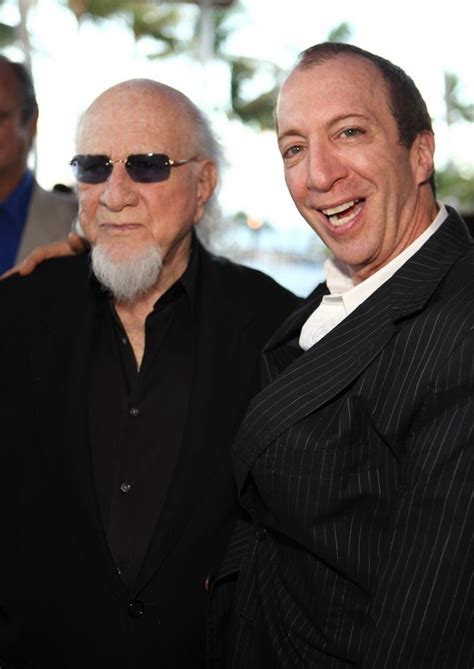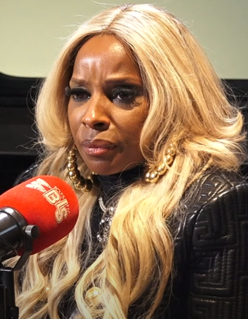A Quote by Shawn Fanning
Independent artists and labels have always been the trend setters in music and the music business.
Quote Topics
Related Quotes
The music business is suffering because fewer artists are being invested in. Labels are putting in less money, taking fewer risks and signing half as many artists as they did 10 years ago. Everything is risk averse right now and there are two ways to deal with a business situation like this: either reduce your risk or increase your return. They're reducing their risk to the bone and looking for ways with their 360 deals to increase their return. They're still not making money. Artists are suffering. Labels, or music investors, are suffering.
There's definitely some sort of dissent brewing between record labels, publishing companies and artists [about the compensation they get from streaming services] Spotify is returning a HUGE amount of money [to the record labels]. If we continue growing at our current rate in terms of subscriptions and downloads, we'll overtake iTunes in terms of contributions to the recorded music business in under two years.

































